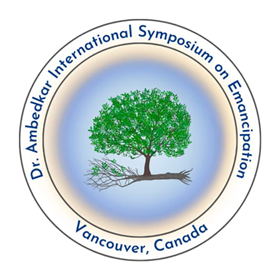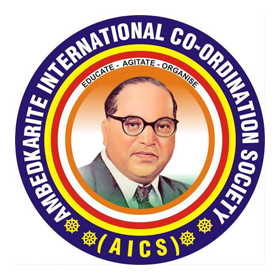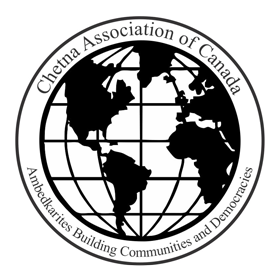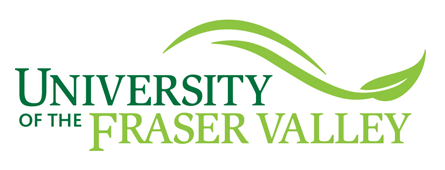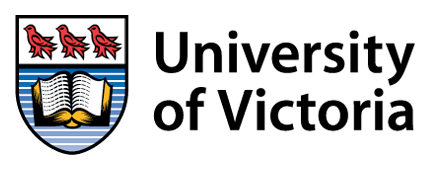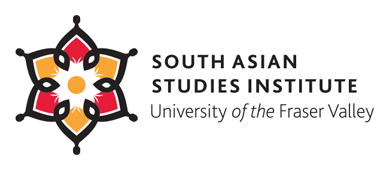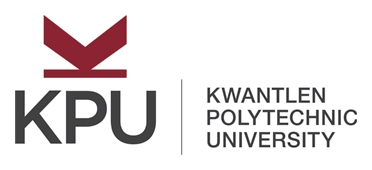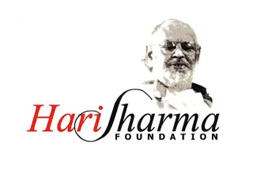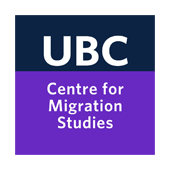
This event is hybrid, and can be attended in person or online via Zoom. However you choose to attend, please use the Zoom Registration button to register. In person attendees will be asked to follow all current UBC pandemic health guidelines in response to COVID 19.
This event is free and open to the public, made possible by the generous support of The Robert H. N. Ho Family Foundation.
We are delighted to host this hybrid panel discussion entitled:
Contemporary Buddhism:
Its Role in Strengthening Human Emancipation Globally
This panel is part of Dr. Ambedkar International Symposium for Emancipation
About this Event
Leading scholars, Sangha Bhikkhus (Monks), and community leaders will participate in a facilitated dialogue on the vision of Dr. Ambedkar, as he outlined it in his monumental publication, The Buddha and His Dhamma (1957). The discussion will also include how Buddhism is facilitating a peaceful and democratic transformation and provides pathways for human emancipation globally.
Panelists: Ven. Bhante Dr. Saranpala, Rr. Rajratana Ambedkar, Mr. H.L. Virdee, and Mr. Raj Kumar Oshoraj
Moderator: Dr. Jessica L. Main
About the Panelists
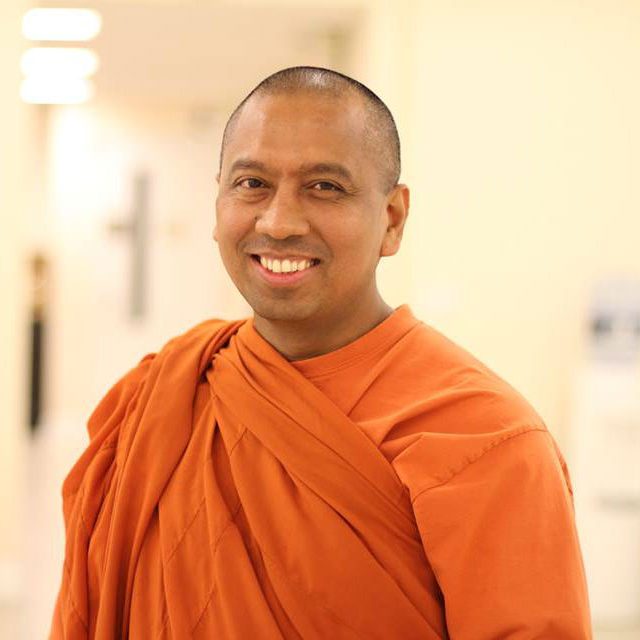
Dr. Saranpala has been a Buddhist monk for over 35 years, as well as a global public speaker, mindfulness and meditation teacher, and founder of the annual Toronto conference, Canada: A Mindful and Kind Nation. He started at the age of 10 as a novice monk in Bangladesh, followed by monastic and secular education in Sri Lanka and academic training at the University of Toronto and McMaster University in Ontario, Canada, obtaining Bachelor’s, Master’s, and Doctoral degrees in Religious Studies. Dr. Saranpala teaches Dhamma and meditation, transmitting the universal message of love, kindness, compassion, understanding and wisdom and is recipient of the Canadian Charter of Rights and Freedoms and the Canada 150 Medal and Sesquicentennial Community Award from the Government of Canada; the Spirit Award from the Government of Ontario for humanitarian services and was appointed World Civility Ambassador by iChange Nations for kindfulness/mindfulness work.
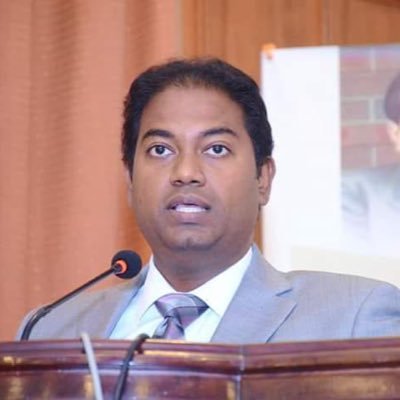
Mr. Rajratna Ambedkar is an active socio-political and Buddhist activist. He is the great grand nephew of Dr. Babasaheb Ambedkar, and a fourth-generation member of the Ambedkar family. He received a degree from Mumbai University in 2003, and a DBM degree from the Institute of Chartered and Financial Accountants of India, Dehradun University, in 2008, followed by an ADM degree in 2008 and MBA degree in 2010 from ICFAI University. He currently serves as the President of the Buddhist Society of India (BSI) and through this society, spreads the thought of Bodhisattva Dr. B.R. Ambedkar and Lord Buddha to the people of India and Standing Committee Secretary at The World Fellowship of Buddhists in Bangkok, Thailand.
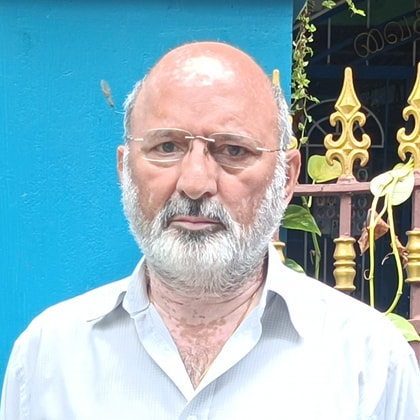
Mr. Harbans L. Virdee moved to the UK at the age of 15 with his father in 1966 and slowly became involved in the Ambedkarite movement in the UK and the cause of Buddhism.
He became treasurer of Bharatiya Buddhist Council UK in 1973. In 1976, he founded the Ambedkar Buddhist Association of London (currently, the Buddha Dhamma Association). He served as presiden from 1991 to 1994 of the of the Federation of Ambedkarite and Buddhist Originations (UKFABO). And in 1999, he constructed the Sanghamitta Vihara (Satnampura, Phagwara, Punjab) to contribute to the flourishing of Buddhism. In 2008, he helped purchase land on the main road from Chennai to Pondicherry for the construction of a Buddhist school and Vihara. He has also helped to purchase land near Jetvan, Shravasti, and constructed the first and only Bhikkhuni training centre in India. Mr. H.L. Virdee was recognized for “Outstanding Buddhist Leadership” by Thai King’s Guru in 2016. In 2020, he helped found “Dhamma Waves” towards the flourishing of Buddhism around the globe. He has written over 12 books and numerous articles on Buddhism and Dr. Ambedkar’s mission and is currently the International Coordinator for FABO, travelling all over the world to unite the Ambedkarite Buddhist community.
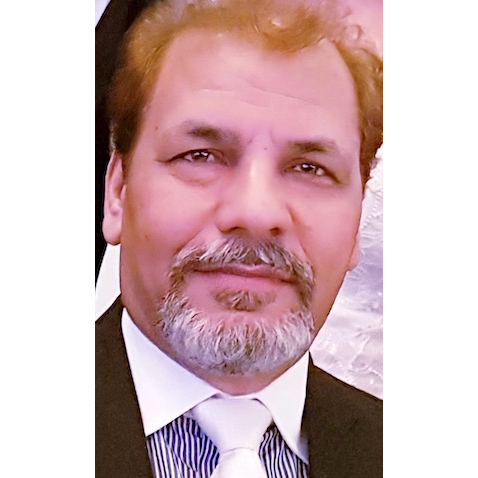
Mr. Raj Kumar Oshoraj has lived in Canada for 25 years, and has organized several programs for the Buddhist community at the local level, as well as the celebrations held by the Canadian Parliament. He had the opportunity to participate in the Buddha Jayanti celebrations at UNO Headquarters in New York. In 2023, he traveled to India and participated in the National Buddhist Conference. Mr. R.K. Oshoraj wants to cultivate Buddhism in society, particularly among the Indian diaspora and, more specifically, in the Punjab state of India. With this goal, he is currently working on projects to increase the available Buddhist literature in Punjabi language, raise awareness of Buddhist identity and importance of indicating their identity as Buddhists in the next census. Still working towards his goals, Mr. R.K. Oshoraj played a leading role in raising funds from Canada to build Viharas (Buddhist Temples) in Punjab and has remained involved in ensuring their active participation in society. He has supported Buddhists from all around the globe by participating in their programs and jointly organizing Buddhist programs with them in Canada.
About the Moderator
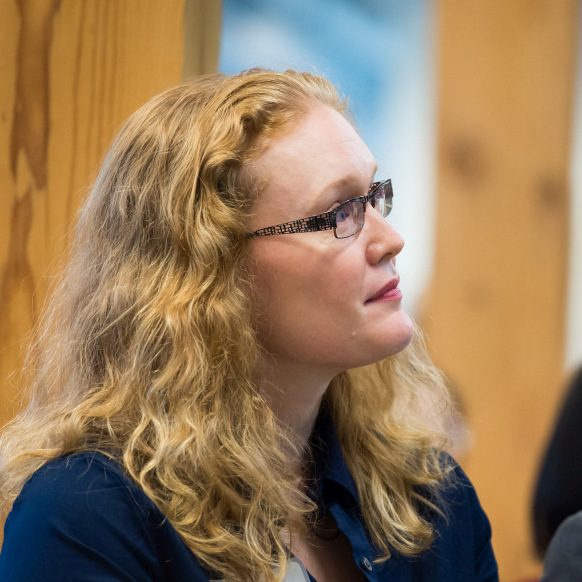
Dr. Jessica Main is an Associate Professor at the Department of Asian Studies, UBC. She began work at UBC in 2009 as the Tung Lin Kok Yuen Canada Foundation Chair and Director of UBC’s Buddhism and Contemporary Society Program. In 2014, the program was renamed The Robert H.N. Ho Family Foundation Program in Buddhism and Contemporary Society and forms part of a network of academic institutions and scholars around the world. She wrote her PhD dissertation (McGill 2012) on the topic of descent-based discrimination, human rights, and Jōdo Shinshū Buddhism in Japan, looking especially at the problem of caste-based discrimination in Pure Land Buddhism against the burakumin. She is currently working on a manuscript on this topic entitled, No Hatred in the Pure Land: Burakumin Activism and the Shin Buddhist Response in Interwar Japan. Her research interests include modern Buddhist ethics, social action, and institutional life in Japan, East Asia, and Southeast Asia.




